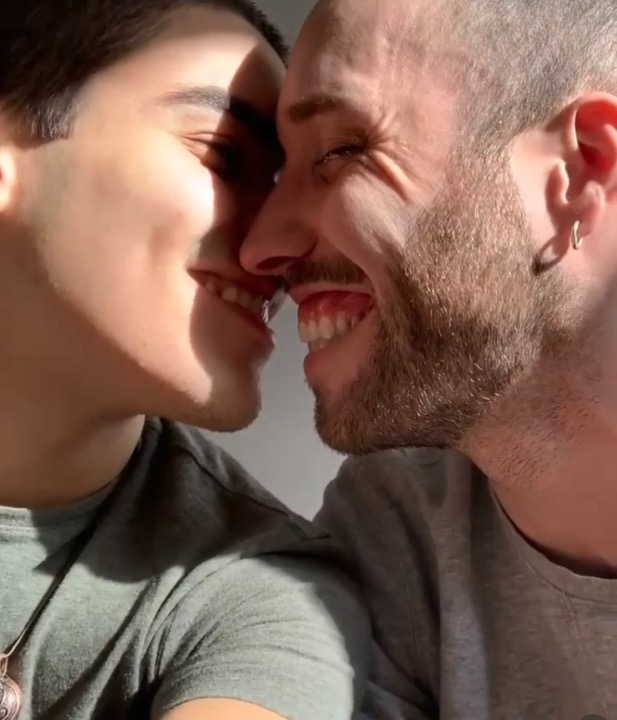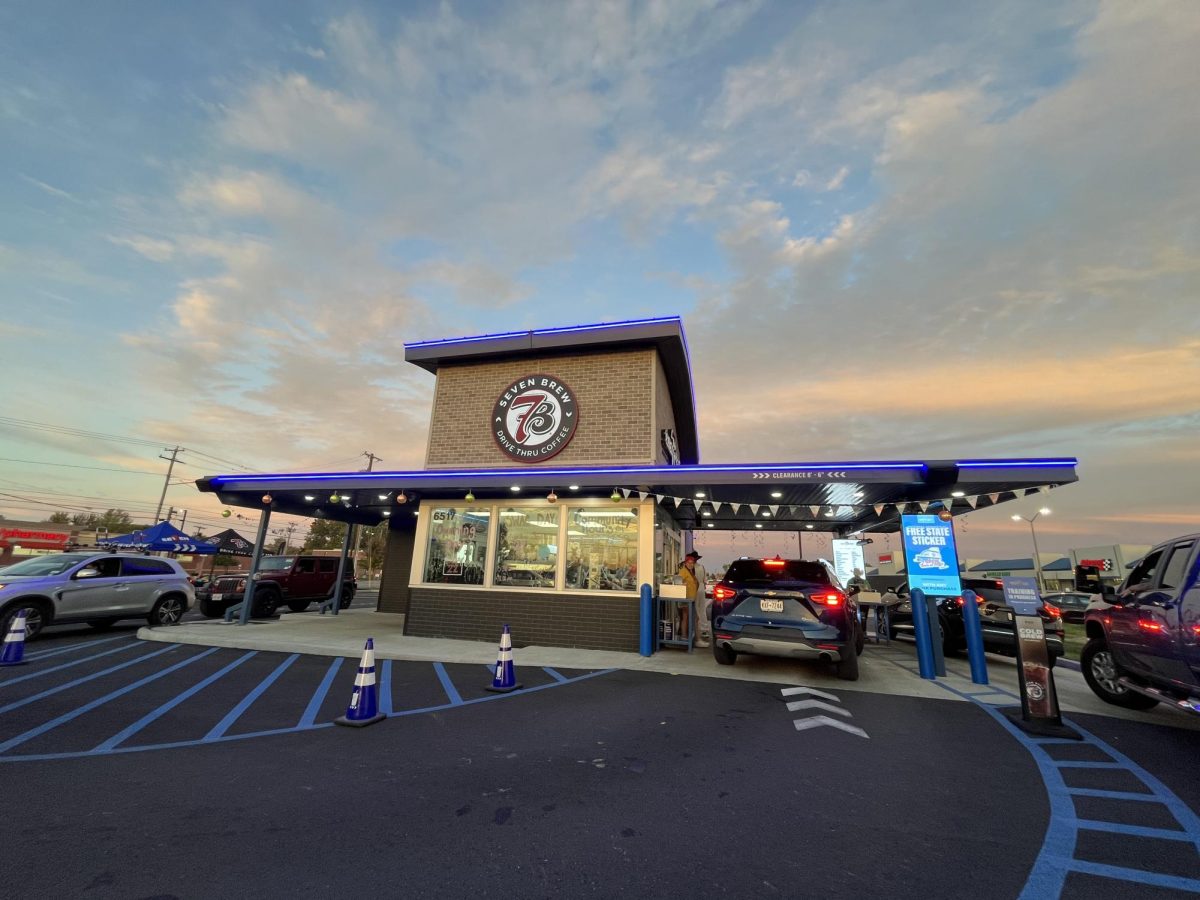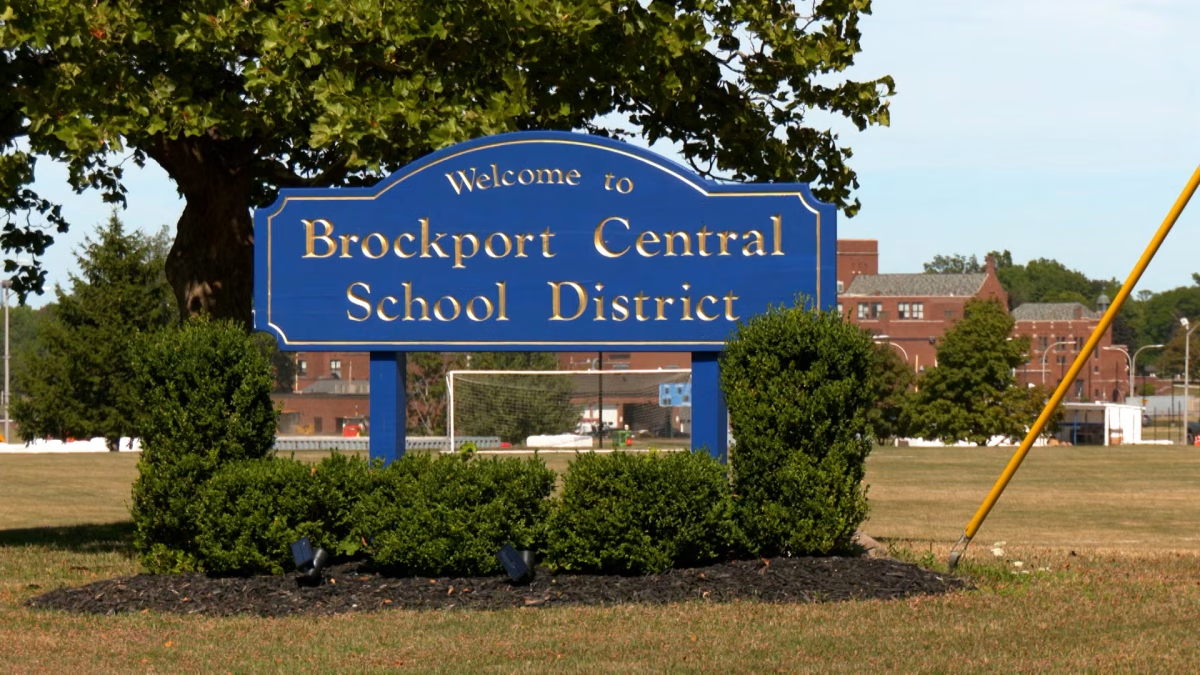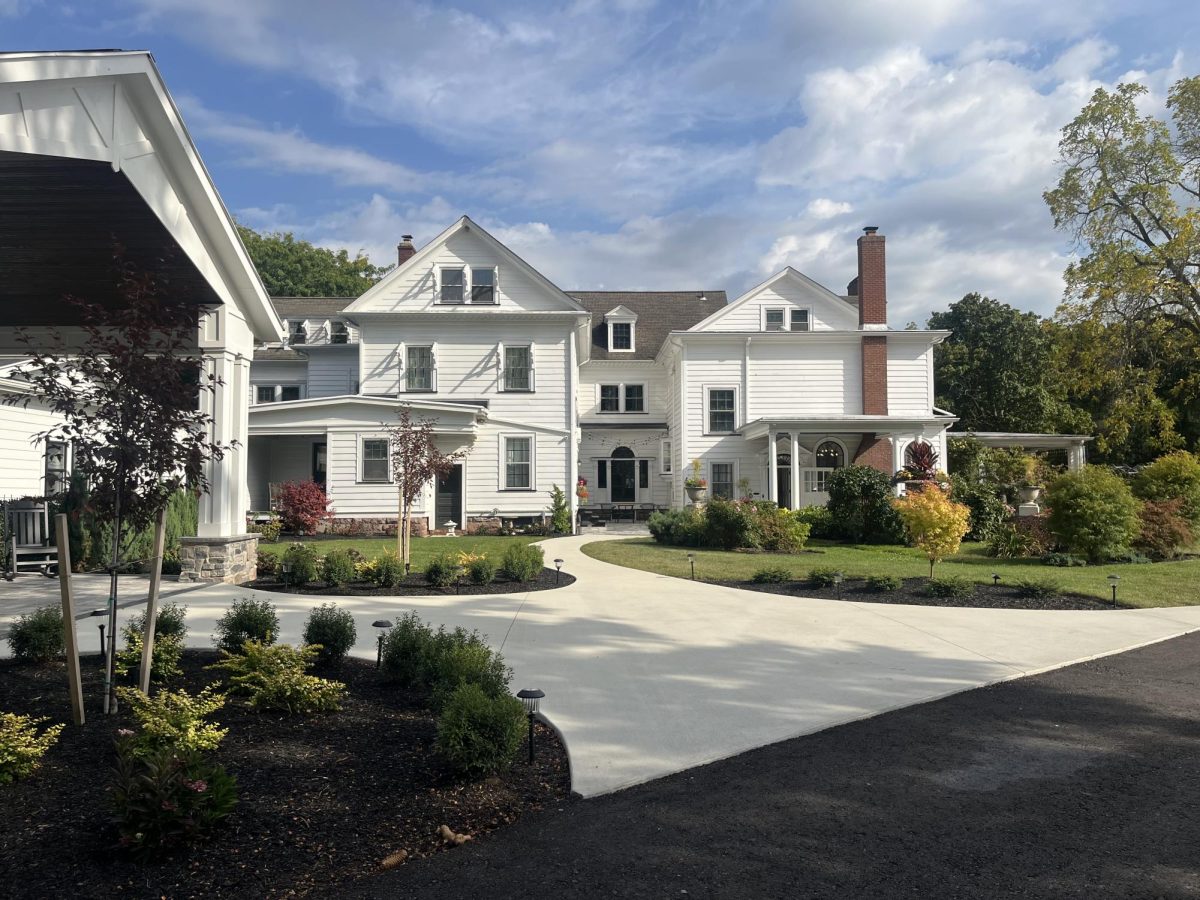By Syd Case
BROCKPORT, NY- Being “other” in a world full of what society deems “normal” is hard. Being “other” in a small conservative town is even harder.
Before coming to college at SUNY Brockport, senior Tim Pratt’s life in his hometown of Irondequoit was hard. He had not come out at home until last summer, and did not find a supportive group of friends until officially coming out at Brockport.
“I came out here [at Brockport] and I was called the straightest gay man. It’s true, but I didn’t love it. I was trying to compartmentalize and pretend to be something I wasn’t,” Pratt, a senior at SUNY Brockport says.
“I like jewelry, I wear butterfly necklaces and I wear lipgloss or lipstick sometimes. I got my ears pierced. I wear sweaters, and my outfits are very ‘slay-coded’. I am treated differently because only the people who I want to know, [that I am bisexual] know. I know that it is a controlled environment and I have the power to tell people who I want to tell.” Pratt said.
Pratt has been no stranger to receiving hate for coming out as bisexual but ended up finding a haven with a loving group of friends at Brockport.
“I came out to my [who I thought were] friends at home [Irondequoit] last summer. It was when I was beginning to feel more comfortable with who I was and I felt like it was time for them to know. The first thing they said was like, not even ‘Oh, that’s cool, good for you’ it was ‘Yo dude, am I hot? Would you kiss me? Oh, now we can make gay jokes and say faggot ’cause you’re part of it!” Pratt said.“My friend went on a tangent and said he turned his bisexual girlfriend straight because ‘we don’t like no fags’.”
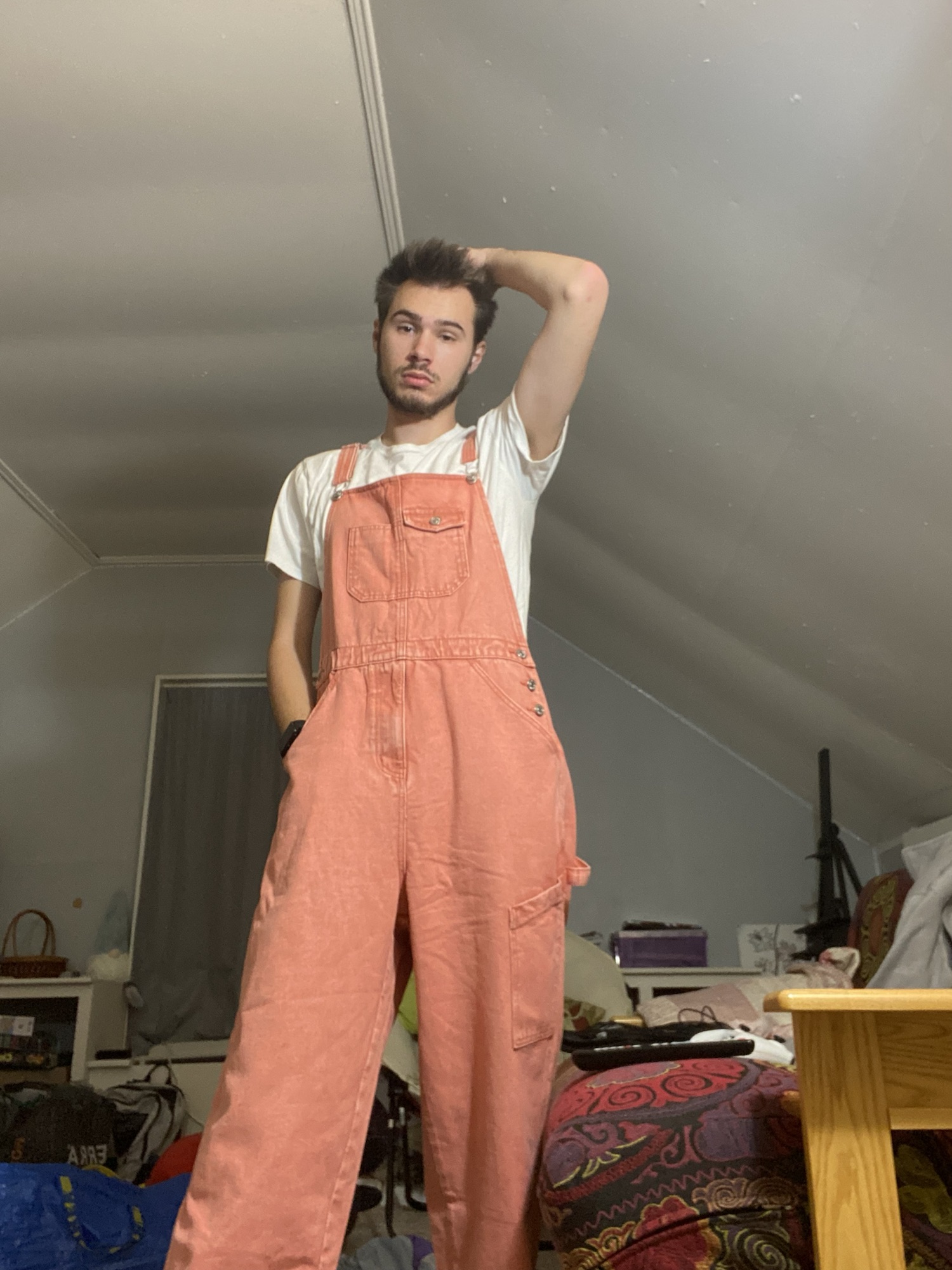
Another side of the story comes from SUNY Brockport junior, Greyson Rautenstrauch. Growing up in the town of Attica, New York, they were used to the small-town judgment, and Brockport was going to be their fresh start.
Rautenstrauch came out as non-binary a few years ago, and people from their hometown were far less receptive to this change in their identity. They experienced frequent and purposeful misgendering at home and in their community, and Brockport felt more accepting of them.
“I feel like Brockport is a completely positive change from where I grew up. Even though using my correct pronouns are a bit shaky at Brockport, I feel validated in my preferred name change and everyone respects my identity rather than where I grew up,” Rautenstrauch said.
They were very open about expressing what Brockport as a university could do better to accommodate LGBTQ+ students, while also clarifying that they appreciate the work that Brockport is already doing for its queer population.
“I think that there are still professors that are not as supportive as one expects at Brockport, considering they propose being a safe place for all. I feel like there should be an emphasis on pronouns instead of just a first-day icebreaker when we initially introduce ourselves to the class.” Rautenstrauch said.
Expressing themself unapologetically and authentically was the goal, being comfortable non-conforming in a conformist society.
“Yeah, I am very comfortable being myself, and especially while having an internal questioning about myself again, I’ve expressed it with my very close friends who attend school here and are very supportive of me,” Rautenstrauch said.
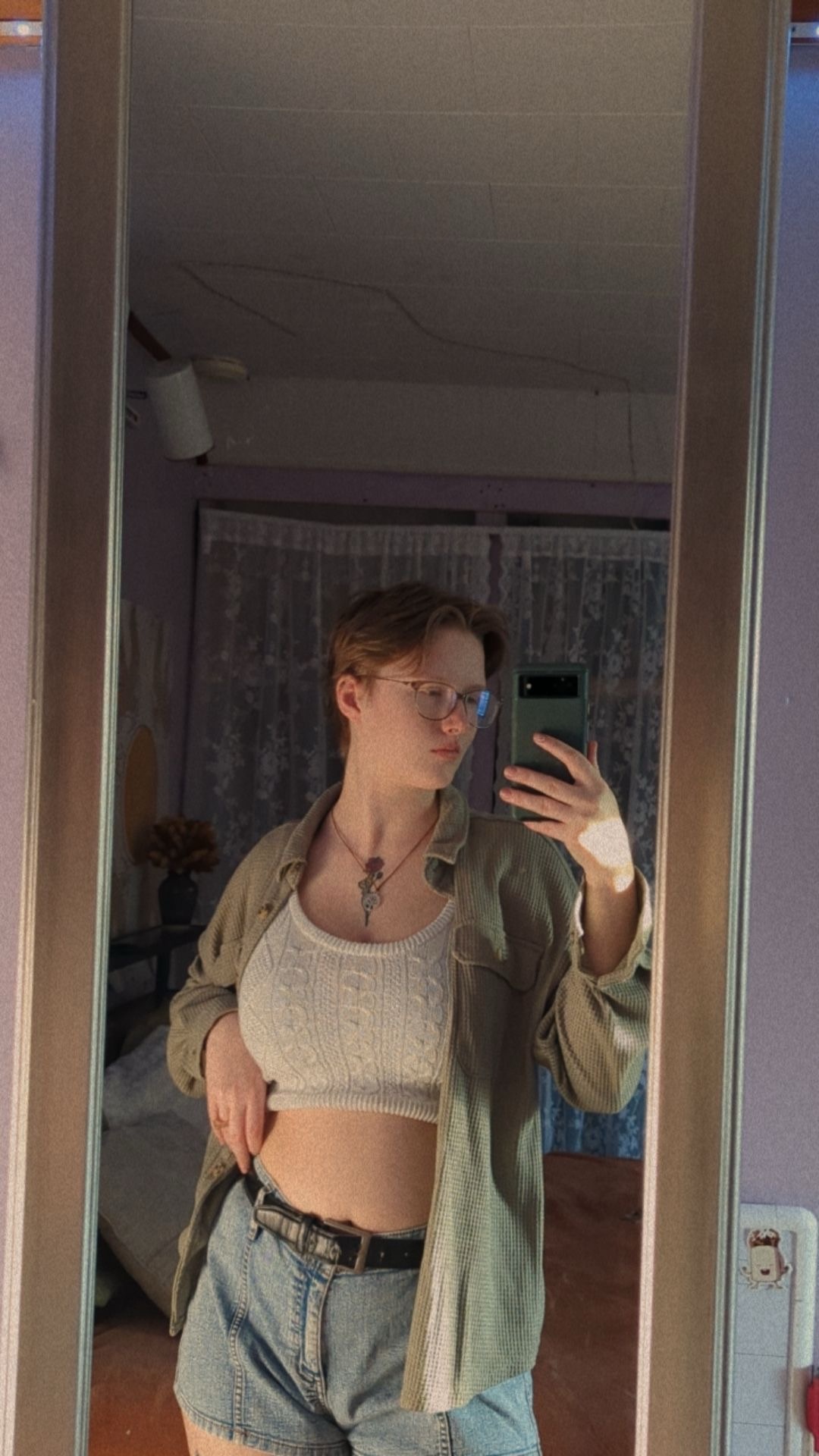
Outside of the campus, there is more to be said about Brockport’s reputation with the queer community. Anthony Acevedo, 24, and his boyfriend Tagger Yancey, 33, frequent the Brockport area due to Acevedo’s job at Strong West.
“My office is full of people who are not the same age, sexuality, or race as me. It’s difficult to try to bond with people who don’t have much in common with you. I don’t feel I am treated differently in an obvious way necessarily, but I do feel things are more difficult for me in my place of work in the sense that my coworkers do things that I would never be able to get away with.” Acevedo said.
Although Brockport , Acevedo, Rautenstrauch, and Pratt all shed light on how it does not matter where you are, prejudice is going to follow. Brockport is just another statistic that needs to be changed in the overall picture of queer acceptance.
“Always be aware of your surroundings, but never be afraid to be yourself. No matter where you are, you’re going to face prejudice, so don’t ever let a small town stop you from being yourself.” Acevedo said.
